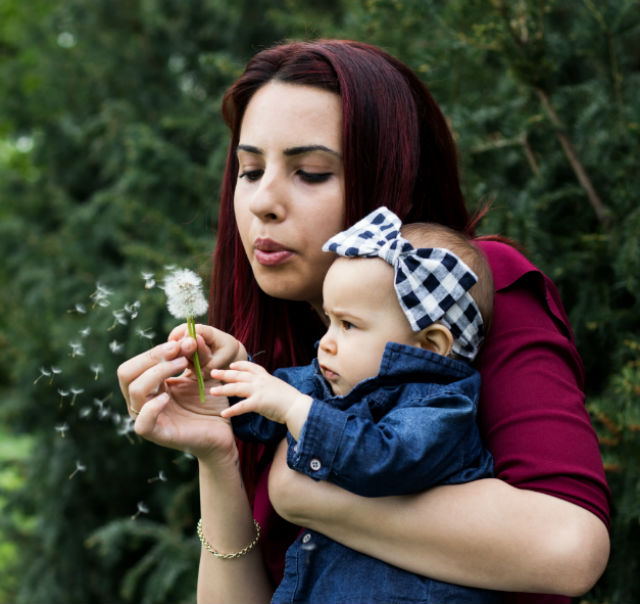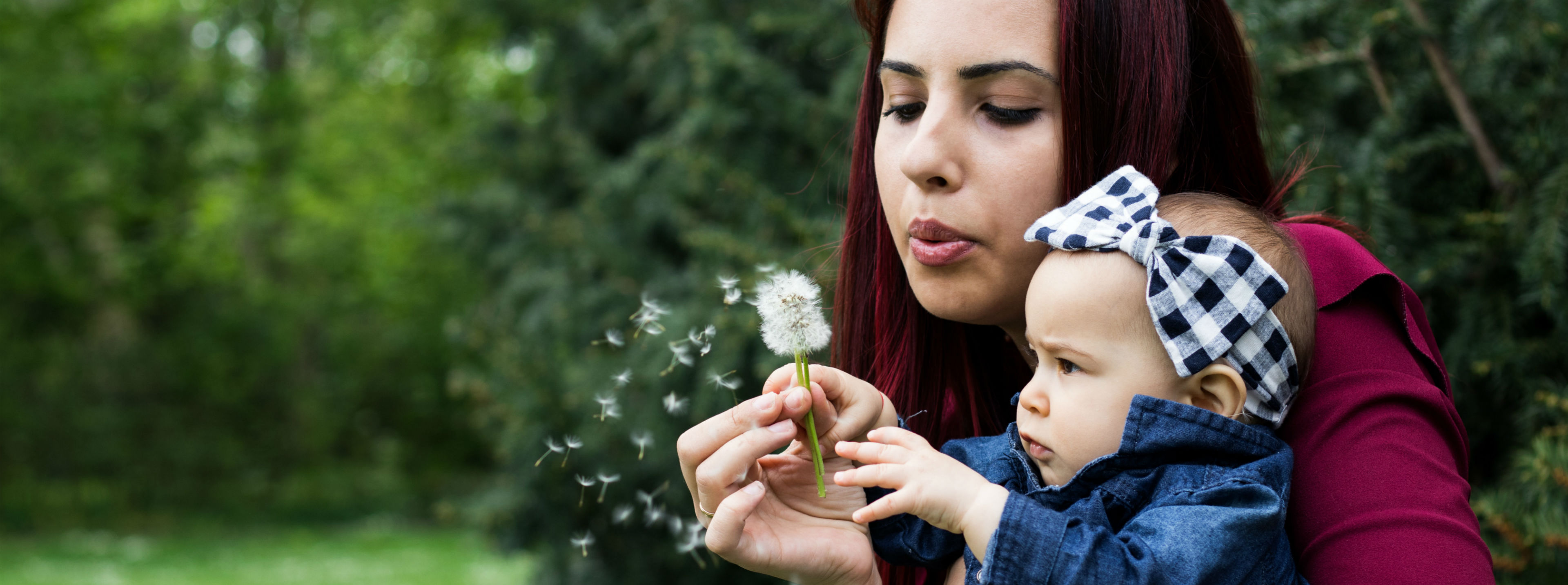When you look back at the first time you got pregnant, it seems like it happened right away. Which is why the second time around, the fact that it’s just not happening can be frustrating and confusing. What could have changed in such a relatively short period of time? But the truth is, this situation is much more common than you’d think. Up to 30% of couples struggling with infertility are ones where the woman has already had at least one child. This difficulty in conceiving the second (or third) time around is called secondary infertility, and it’s a condition that impacts more than three million women in the U.S. Here, the fertility experts of The Center for Reproductive Medicine in Mobile, Alabama discuss what it is, what causes it, and what your options are for expanding your family.
It’s Just as Devastating as Primary Infertility
When most people think of infertility, they think of the couple struggling to have their first child. But being unable to grow your family when you already have a child can be just as devastating as primary infertility. Many couples struggling to conceive a second or third child find that friends, family, and even healthcare providers treat them differently than they would treat a couple with primary infertility. Some report hearing hurtful comments, like “You’re lucky you already have a child” from loved ones. While that is true, it’s still extremely painful to realize that you may not be able to grow your family to look like you’ve always wanted.
Many couples struggling with infertility also express guilt about being unable to provide a little brother or sister to a child who desperately wants one. All of this stress and pain can leave you feeling completely drained. If you’re struggling with secondary infertility, it may help to set up time to speak with a therapist or spend time with a support group for those struggling with secondary infertility.
What Causes It?
The causes of secondary infertility are similar to many of the issues that cause primary infertility. These include including blocked fallopian tubes, issues with ovulation or ovarian reserve, sperm abnormalities, or scarring in the reproductive system.
Even if these issues weren’t present before, they can develop over time. As a woman ages, the number and quality of her eggs decreases, which can make conceiving baby number two more difficult. Additionally, complications of endometriosis, like scarring on the fallopian tubes, can get worse over time if they are not properly diagnosed or treated. Fibroids and uterine polyps can also develop at any time, making it difficult for an embryo to implant. For men, age is also a factor – while the decline in fertility isn’t as dramatic as what occurs with women, male fertility can also decline at age 40.
What Can You Do?
If you’ve been trying to have another child for over a year (or for more than six months if you’re 35 or older), it may be time to speak to a qualified fertility specialist. Scheduling a consultation with one of the fertility specialists at The Center for Reproductive Medicine can give you the answers you’re looking for. Our specialists will run diagnostic tests that can help identify the cause of your infertility and come up with a customized treatment plan that can help you build the family of your dreams. If you’re ready to start, contact us today at 251-438-4200 to schedule an appointment and start on your path to your next baby.













